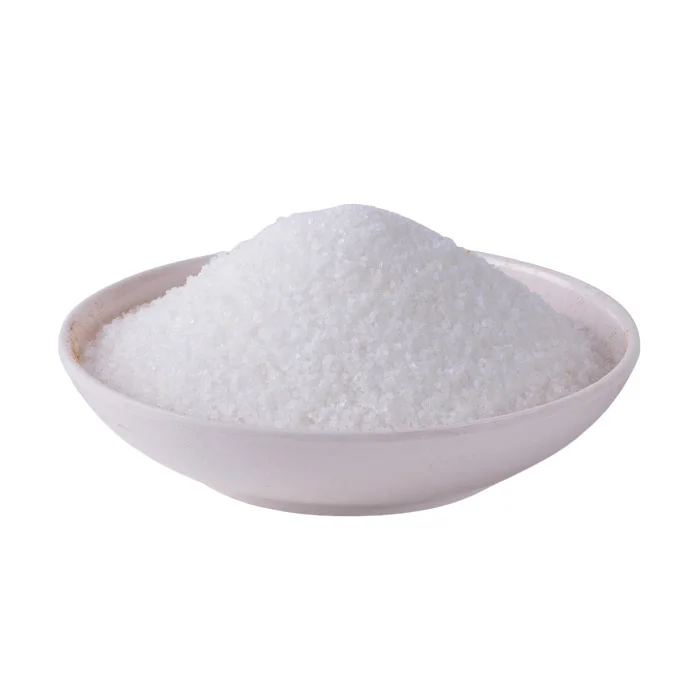Storage and transportation of drilling fluid additives: a key link in ensuring drilling operations

Drilling fluid additives play a vital role in modern oil drilling. They improve drilling fluid performance, increase drilling efficiency, and protect well walls from damage. However, to ensure the effectiveness and stability of these additives, proper storage and transportation methods are crucial. This article discusses how to optimize the storage and transportation of drilling fluid additives to ensure smooth drilling operations.
Environmental requirements for storing drilling fluid additives
Drilling fluid additives are usually fine chemicals with high requirements for environmental conditions. The following are environmental requirements to consider when storing drilling fluid additives:
1. Temperature control: Drilling fluid additives should be stored at a constant temperature to avoid excessively high or low temperatures from adversely affecting their performance.
2. Moisture and moisture-proof: Drilling fluid additives are very sensitive to moist environments, so they should be stored in a dry place to avoid moisture.
3. Protect from light: Some drilling fluid additives are sensitive to sunlight and ultraviolet rays, so they should be stored in a dark environment to prevent damage to their performance.

Proper packaging and labeling
Proper packaging and labeling are critical for the storage and transportation of drilling fluid additives. Here are some key takeaways:
1. Packaging materials: Choose packaging materials that meet international standards, such as plastic drums or steel drums, to ensure the safety and stability of the additives.
2. Labeling requirements: Clearly mark the name, batch number, production date, expiration date, and other information of the additive on the package to facilitate traceability and management.
Transportation precautions
The transportation of drilling fluid additives requires special attention to the following points:
1. Choose the appropriate transportation method: According to the nature and quantity of the additive, choose the appropriate transportation method, such as land transportation, sea transportation or air transportation.
2. Avoid severe vibrations: During transportation, severe vibrations and collisions should be avoided to prevent leakage or deterioration of additives.
3. Temperature control: During transportation, the temperature should be controlled to prevent excessively high or low temperatures from adversely affecting the performance of the additives.
4. Safety measures: During transportation, necessary safety measures should be taken, such as fire prevention, explosion prevention, etc., to ensure the safety of the additives.
Optimizing the storage and transportation of drilling fluid additives is key to ensuring smooth drilling operations. The effectiveness and stability of drilling fluid additives can be ensured by following appropriate environmental requirements, correct packaging and labeling, and attention to shipping details. Drilling fluid additives work best when provided with the correct storage and transportation conditions, improving the efficiency and safety of drilling operations.
https://www.scdbwhb.com/Storage-and-transportation-of-drilling-fluid-additives.html
- Art
- Causes
- Crafts
- Dance
- Drinks
- Film
- Fitness
- Food
- Jocuri
- Gardening
- Health
- Home
- Literature
- Music
- Networking
- Alte
- Party
- Religion
- Shopping
- Sports
- Theater
- Wellness


